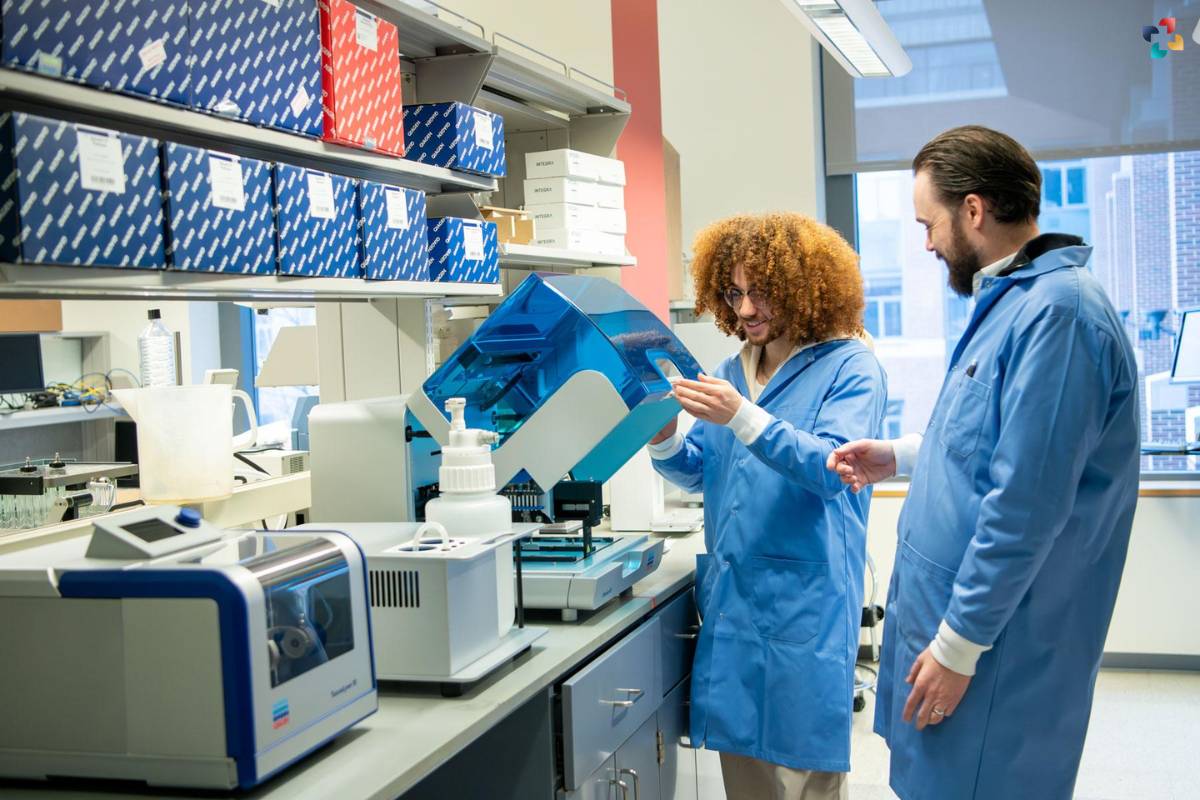The National Institutes of Health (NIH) has allocated a substantial $1.9 million grant to Jordan Bisanz, an assistant professor of biochemistry and molecular biology at Penn State Eberly College of Science, to delve into the intricate relationship between complex microbial communities and human health. This 5-year Maximizing Investigator’s Research Award from the NIH’s National Institute of General Medical Science aims to unravel the mysteries surrounding the impact of microbiota diversity on disease risk, medication absorption, and overall well-being.
Understanding Microbial Diversity and Its Significance
While the importance of microbial diversity within the human body is widely acknowledged, the precise mechanisms underlying its significance remain elusive. Bisanz’s research endeavors to bridge this gap by employing a combination of computational and experimental biology to dissect the composition and functionality of a healthy human microbiome. By analyzing vast datasets and leveraging machine learning techniques, the team seeks to elucidate the defining characteristics of a healthy microbial community and unravel its intricate interplay with human health.
Building Laboratory Models to Unravel Disease Dynamics
In a departure from conventional microbiology approaches, Bisanz plans to construct laboratory models of healthy microbiomes using hundreds of microbial strains cultivated in the lab. These models will serve as invaluable tools to investigate how microbial communities respond to various diseases and environmental stimuli. By meticulously designing these “cookbook” microbial communities, the team aims to identify specific microbial species and metabolic processes crucial for host-microbe interactions and disease modulation.
Exploring the Microbiome’s Influence on Medication Response
Another focal point of Bisanz’s research lies in understanding how the microbiome influences an individual’s response to medications, particularly orally administered drugs. Given that many drugs interact with microbes before being absorbed by the body, understanding these interactions could revolutionize personalized medicine. Bisanz’s team will specifically explore the role of the microbiome in the uptake of antimalarial drugs, shedding light on potential factors contributing to varying drug efficacy and side effects.
Implications for Future Therapeutic Strategies
By unraveling the intricate dynamics of microbial communities and their impact on human health, Bisanz’s research holds immense promise for guiding the development of targeted therapeutic interventions. Rather than relying on generic approaches like probiotics, future therapies may leverage specific microbial strains to treat bacterial infections, improve gut health, and optimize medication dosing. Moreover, insights gained from this research could pave the way for personalized medicine approaches tailored to individual microbiome compositions.
In conclusion, the NIH’s generous funding will enable Bisanz and his team to delve deeper into the complex world of microbial interactions and their implications for human health. By leveraging cutting-edge techniques and innovative laboratory models, this research aims to unravel the intricacies of the microbiome and pave the way for transformative advancements in healthcare.
Also Read: A Recently Discovered Frog Virus Threatens Both Human Health And Amphibian Conservation











